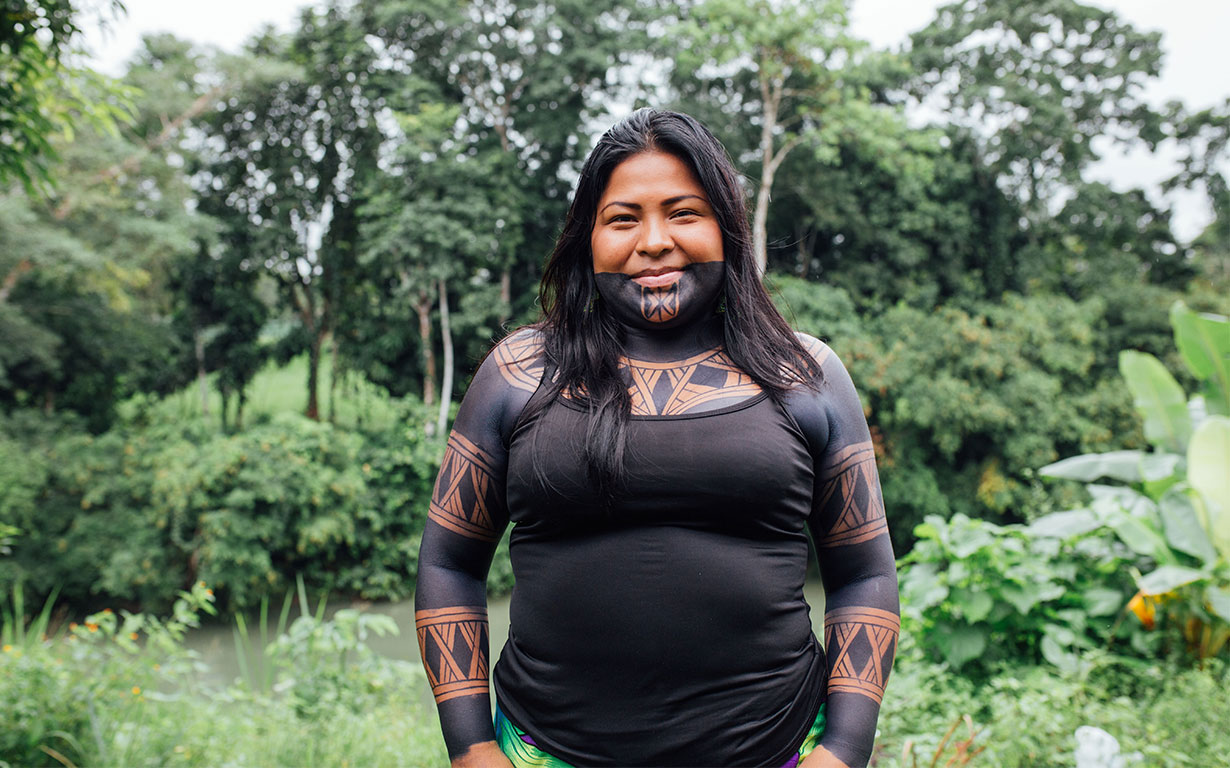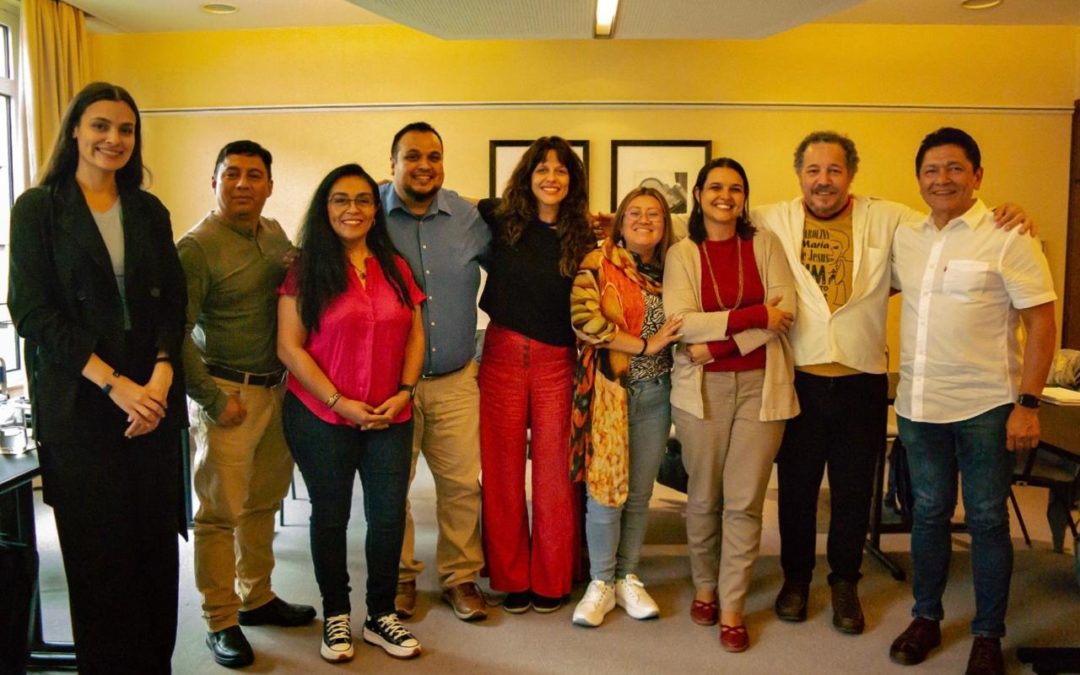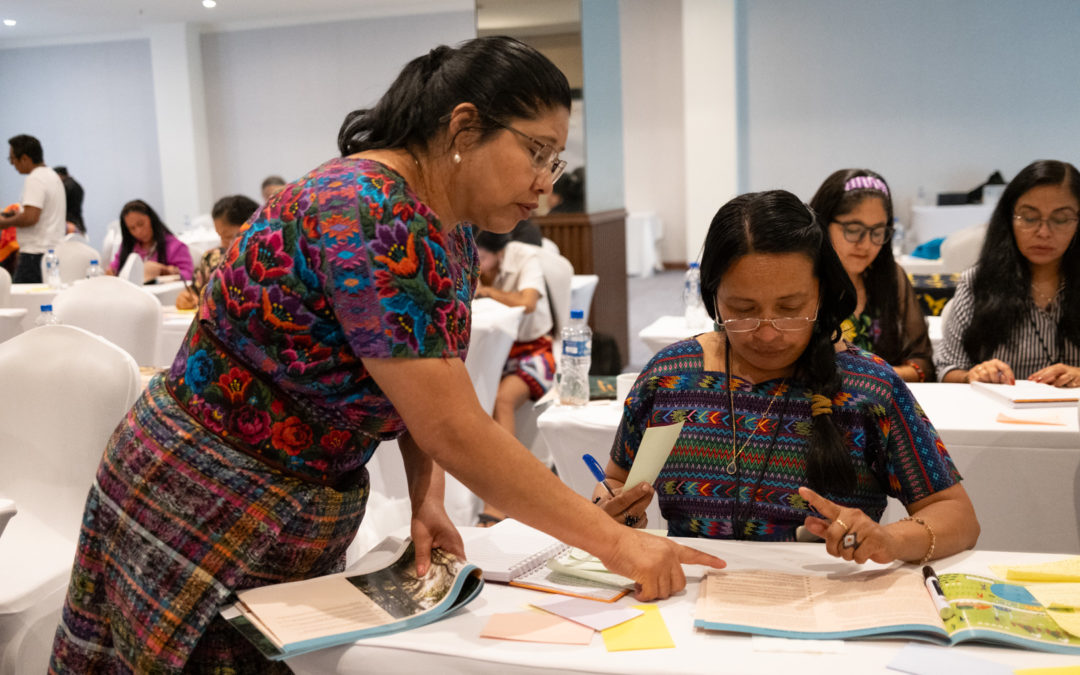Sara Omi, indigenous leader of the Emberá people and President of the AMPB Coordination of Women Territorial Leaders of Mesoamerica, was announced this February 9 as one of the candidates to represent the States of Latin America and the Caribbean in the Permanent Forum for Indigenous Issues of the United Nations Organization (UN) for the period 2023-2025.
The Government of Panama nominated Omi for the position. The election will take place on April 13, 2022. The mandate of the selected persons will begin on January 1, 2023 and will end on December 31, 2025. The complete list of candidates is available here.
The Forum is made up of eight members, nominated by governments and elected by the UN Economic and Social Council (ECOSOC), and another eight members appointed by the President of the Council after formal consultation with the Bureau and regional groups.
Sara Omi
Sara Omi Casama, an indigenous member of the Emberá People, is a lawyer who has specialized in indigenous rights issues. She was a territorial authority of the Alto Bayano Congress of Panama and currently chairs the Coordinator of Territorial Women Leaders of Mesoamerica, a platform for political dialogue between women from the territorial bases of the Mesoamerican Alliance of Peoples and Forests.
About the Permanent Forum
The United Nations Permanent Forum on Indigenous Issues is an advisory body to the Economic and Social Council (ECOSOC). The Forum was established in 2000 and is mandated to examine indigenous issues relating to economic and social development, culture, the environment, education, health and human rights.
The Forum provides expert advice and makes recommendations on indigenous issues to the Council, as well as to United Nations programmes, funds and agencies; raises awareness and promotes integration and coordination of activities related to indigenous issues within the United Nations system; prepares and disseminates information on indigenous issues; and promotes respect for and full implementation of the provisions of the United Nations Declaration on the Rights of Indigenous Peoples and ensures its effectiveness.



